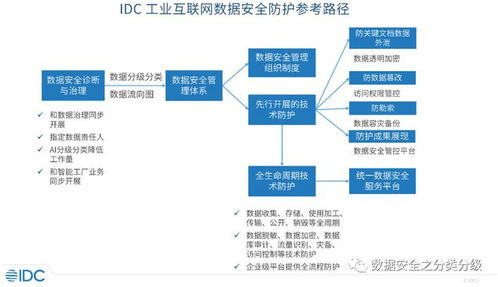Football Coach: A Comprehensive Guide
Are you considering a career as a football coach? Do you want to understand the various aspects of the role and how to excel in it? Look no further! This article will delve into the multifaceted world of football coaching, providing you with valuable insights and information.
Understanding the Role of a Football Coach

A football coach is responsible for guiding and developing players, planning and executing training sessions, and strategizing for matches. The role requires a combination of technical knowledge, leadership skills, and the ability to inspire and motivate players.
Technical Knowledge

Technical knowledge is crucial for a football coach. This includes understanding the rules of the game, tactical formations, and the technical skills required to play football. Coaches should be able to analyze games, identify strengths and weaknesses, and develop strategies to improve performance.
Leadership Skills

Leadership skills are essential for a football coach. Coaches must be able to inspire and motivate players, set clear goals, and create a positive team culture. Effective communication, decision-making, and the ability to handle pressure are also important.
Training Sessions
Training sessions are a vital part of a football coach's role. These sessions should be well-structured, focusing on improving players' technical, tactical, and physical abilities. Coaches should be creative in their training methods, ensuring that sessions are engaging and challenging for players.
Strategic Planning
Strategic planning is crucial for a football coach. This involves analyzing opponents, identifying weaknesses, and developing game plans to exploit these weaknesses. Coaches should be able to adapt their strategies during matches to counter opponents' tactics.
Communication Skills
Communication skills are essential for a football coach. Coaches must be able to convey their ideas and instructions clearly to players, parents, and other staff members. Effective communication helps in building trust and maintaining a positive team environment.
Building a Positive Team Culture
A positive team culture is crucial for a football team's success. Coaches should focus on fostering a sense of unity, respect, and sportsmanship among players. This includes promoting fair play, encouraging teamwork, and addressing any issues that may arise within the team.
Continual Learning and Development
The world of football is constantly evolving, and a good coach should be committed to continual learning and development. This involves staying updated with the latest coaching techniques, attending workshops and seminars, and seeking feedback from players, parents, and colleagues.
Table: Key Responsibilities of a Football Coach
| Responsibility | Description |
|---|---|
| Technical Knowledge | Understanding the rules, tactics, and technical skills of football. |
| Leadership Skills | Guiding and motivating players, setting clear goals, and creating a positive team culture. |
| Training Sessions | Planning and executing well-structured training sessions to improve players' abilities. |
| Strategic Planning | Analyzing opponents and developing game plans to exploit weaknesses. |
| Communication Skills | Conveying ideas and instructions clearly to players, parents, and staff members. |
| Building a Positive Team Culture | Fostering unity, respect, and sportsmanship among players. |
| Continual Learning and Development | Staying updated with the latest coaching techniques and seeking feedback. |
Conclusion
Becoming a successful football coach requires a combination of technical knowledge, leadership skills, and a passion for the game. By understanding the various aspects of the role and continuously working on your skills, you can make a significant impact on the lives of players and contribute to the success of your team.










